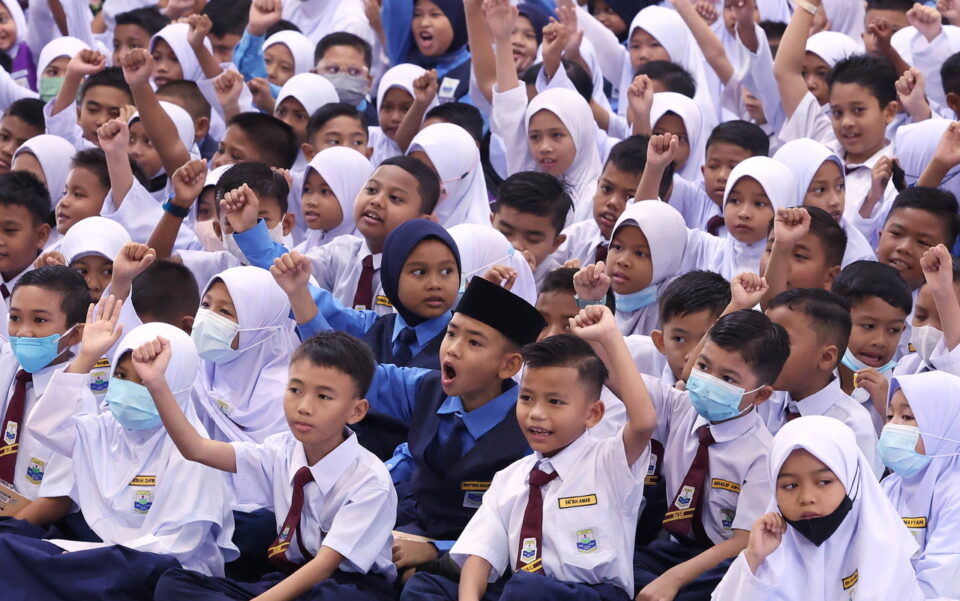PUTRAJAYA, Dec 5 — The ‘learning loss’ that occurred during the COVID-19 pandemic is one of the contributing factors affecting the achievement of Malaysian students in the Programme for International Student Assessment (PISA) 2022 report.
Learning loss refers to the possible loss of literacy and numeracy skills when students are out of a formal classroom setting for lengthy periods.
Education deputy director-general (school operations sector) Azman Adnan said the achievement of Malaysians in PISA 2022 showed a decline in three domains namely reading, mathematics and science.
According to him, the average score for mathematics literacy in PISA 2022 declined as much as 31 points to 409 compared to 440 points in PISA 2018; scientific literary declined to 416 (PISA 2018: 438 points); and reading literacy dropped 27 points to 388 (PISA 2018: 415 points).
“The average score for Malaysian students was lower than the average score for the Organisation for Economic Co-operation and Development (OECD) in all three areas of literacy,” he said in a press conference announcing Malaysia’s achievements in PISA 2022 here today.
PISA, an international comparative assessment and study programme organised by the OECD, is an international assessment study that measures the achievement of students, aged 15+, in scientific, reading and mathematics literacy.
A total of 81 countries including Germany, Canada, and New Zealand participated in PISA 2022.
This is the fifth time Malaysia has participated in PISA, the previous times being in 2010, 2012, 2015 and 2018. PISA 2022 was implemented in 199 educational institutions including urban, rural, interior and private schools involving 7,069 students who were selected for the study.
Azman said in Malaysia, the overall achievements of female students in PISA 2022 were higher than their male counterparts in all three domains of literacy.
Regarding the student questionnaire that was also conducted in conjunction with PISA 2022, Azman said the percentage of students who reported a positive perception about the learning experience at home was higher than that of students from OECD countries.
“In Malaysia, as many as 76.3 per cent of students said they missed school and other physical activities organised by schools when schools were closed compared to 57 per cent recorded by students in OECD countries,” he said.
He said the questionnaire also found that 72.9 per cent of Malaysian students agreed that the skills in using digital devices for learning purposes had increased compared to the OECD’s figure of 63 per cent.
He said the survey also found that as many as 44.1 per cent of students in Malaysia never had problems getting digital devices when they needed them compared to 47.1 per cent recorded by the OECD, while as many as 19.6 per cent of students had no problems accessing the internet compared to 33.1 recorded by the OECD.
“We will refine all these findings and from there we will see what strategies and interventions are suitable for us to strengthen the quality of education in the future,” he said, adding that Malaysia plans to participate in PISA 2025.
— Bernama





